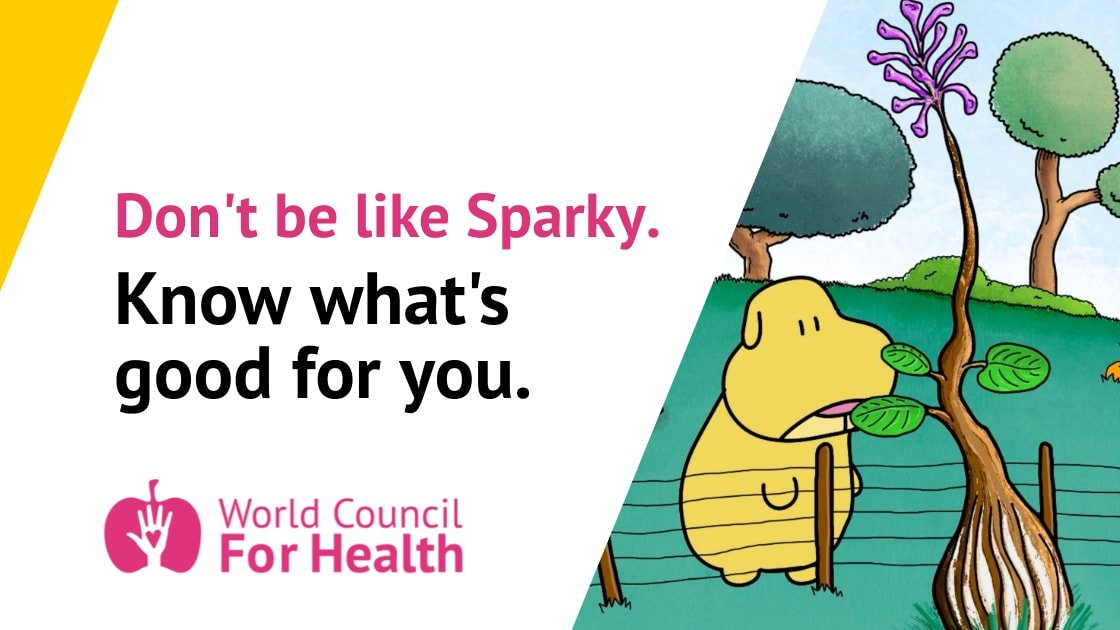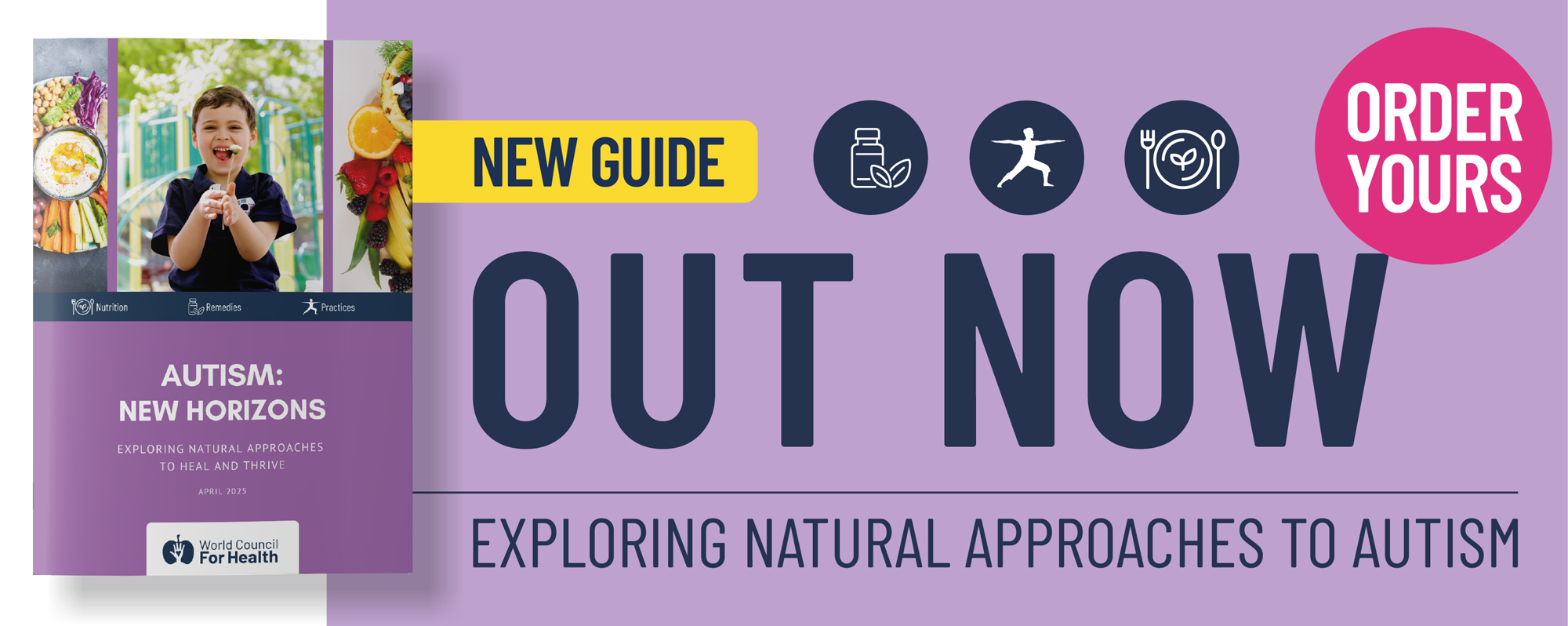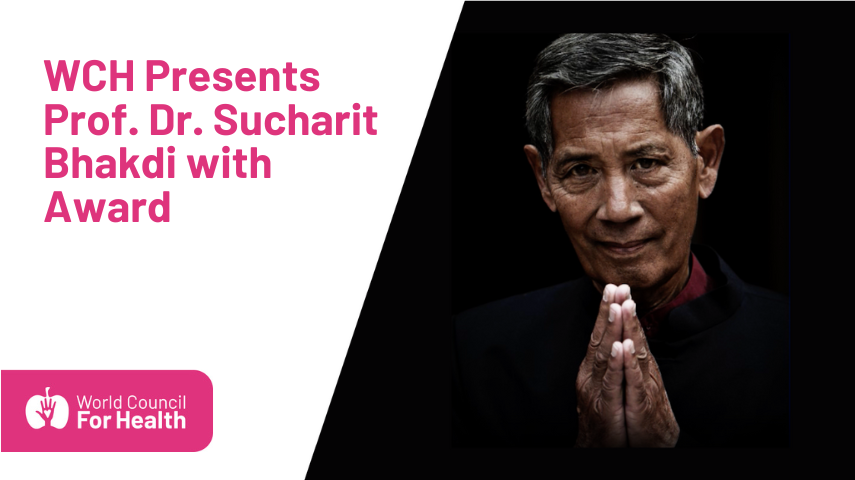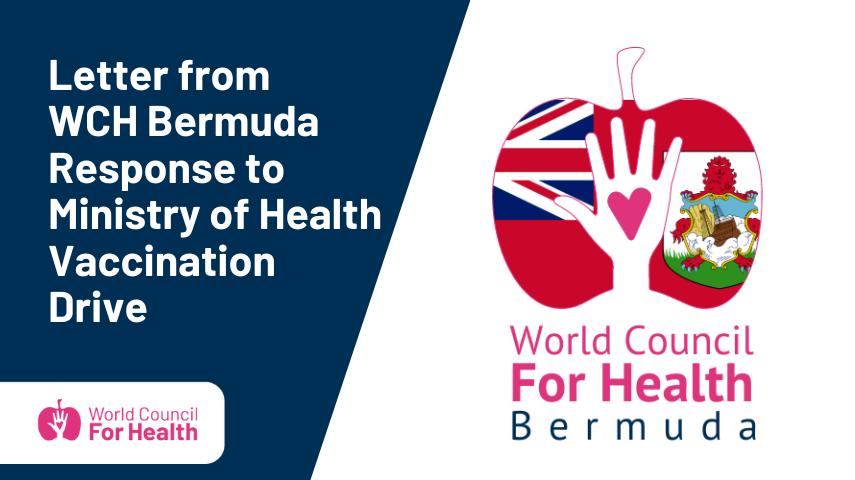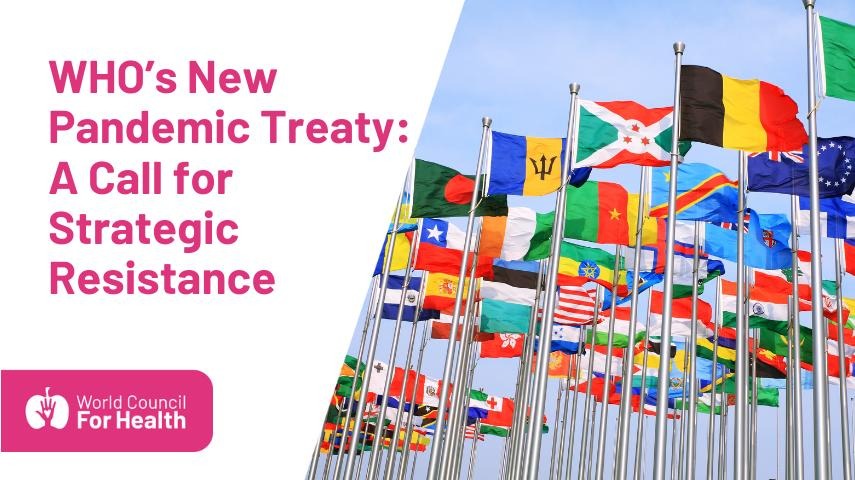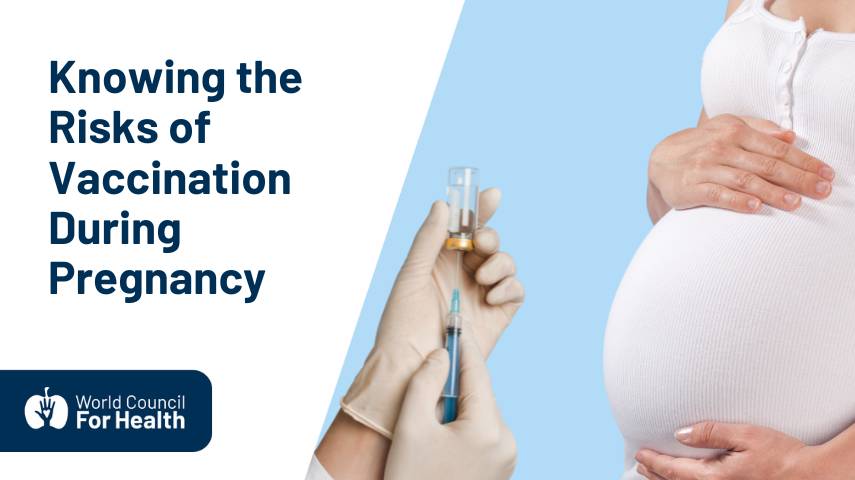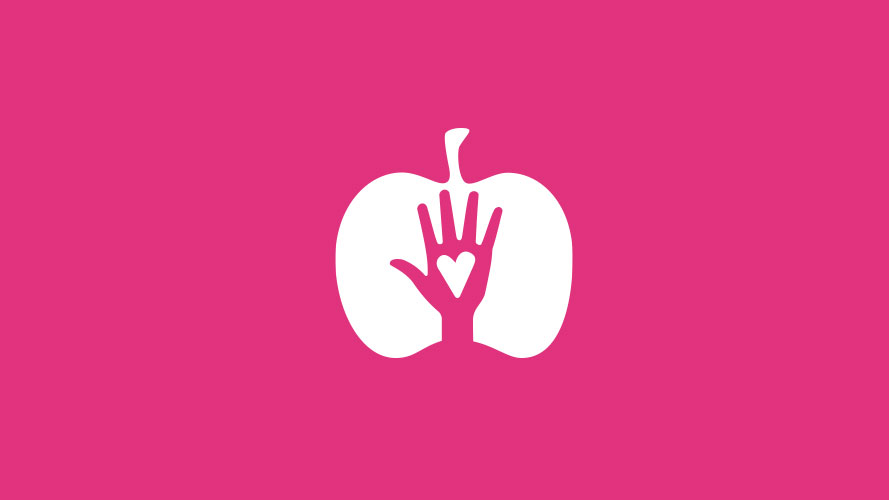Many parents have experienced the unfortunate loss of a child’s pet. Sometimes it’s due to an accident, a mistake, or just plain old age. But what about when the pet itself has a hand in its demise, disregarding its instincts or perhaps completely unaware of them?
Years ago, World Council for Health Steering Committee Member Dr. Tess Lawrie experienced just this tragedy. You can hear the story from her perspective here:
[presto_player id=49135]
In short, the beloved family guinea pig threw whatever survival instincts it had to the wind, ultimately munching on an intriguing but deadly snack, with a little help from Tess herself. After discovering that her son’s pet, Sparky, had passed away after eating the small plant Tess had given to it, she was left wondering why Sparky didn’t know what was good for him and if we humans have found ourselves in a similar predicament.
As it turns out, many of us would probably be able to describe ourselves as much more domesticated than wild, much like our beloved family pets. We’ve grown so comfortable in this modern world of conveniences with constant directives from authority that we’ve lost sight of what is actually good for us. Some of us have lost so much confidence in this area that we repeatedly turn to some form of authority for guidance on what we should do about major choices we make, from child-rearing to the food we eat, from where we source that food to how we live, and so much more.
Over the next few weeks, the World Council for Health will be exploring the many things that we may instinctively know but have lost sight of over the last few years and even the last few generations. It’s time to get back to our roots and empower ourselves and each other to feel confident in making our own decisions. We each know what is best for ourselves. No one knows us better than ourselves; not our doctors, not Big Tech, not Big Pharma, not anyone else.
Some of the topics we plan to explore include:
- Water, including quality and proper hydration
- Fasting and detoxing
- Evolutionary diet and nutrition
- Breathwork, meditation, and quiet time
- Nature and spending time in it
- Organic and traditional farming
- All about soil and soil health
- Unplugging from tech
- Sunbathing
- Cold water
- How to respond to illness, disease, and inflammation
- Recognizing what we don’t need
- Seed sovereignty
- and so much more!
We invite you to join us on this journey, inspired by Sparky the guinea pig. We know what’s good for us. We already have the instincts and the knowledge to survive and prosper. Modern technology and medicine are just that, modern. Humans survived for generations by trusting the evolutionary instincts that have brought us to where we are today. If our ancestors didn’t have this immense knowledge and these amazing survival instincts, we wouldn’t be here today. Nothing but ourselves is stopping us from getting back to these roots. There is a better way and what better time to trust ourselves than now?
Animation Contest Winner
Earlier this year, the World Council for Health asked for both professional and amateur animators to bring this story of Sparky the guinea pig to life. We are pleased to announce the winner: Jordan Holden. Congratulations, Jordan! View more of Jordan’s work on his website.
[presto_player id=49166]
